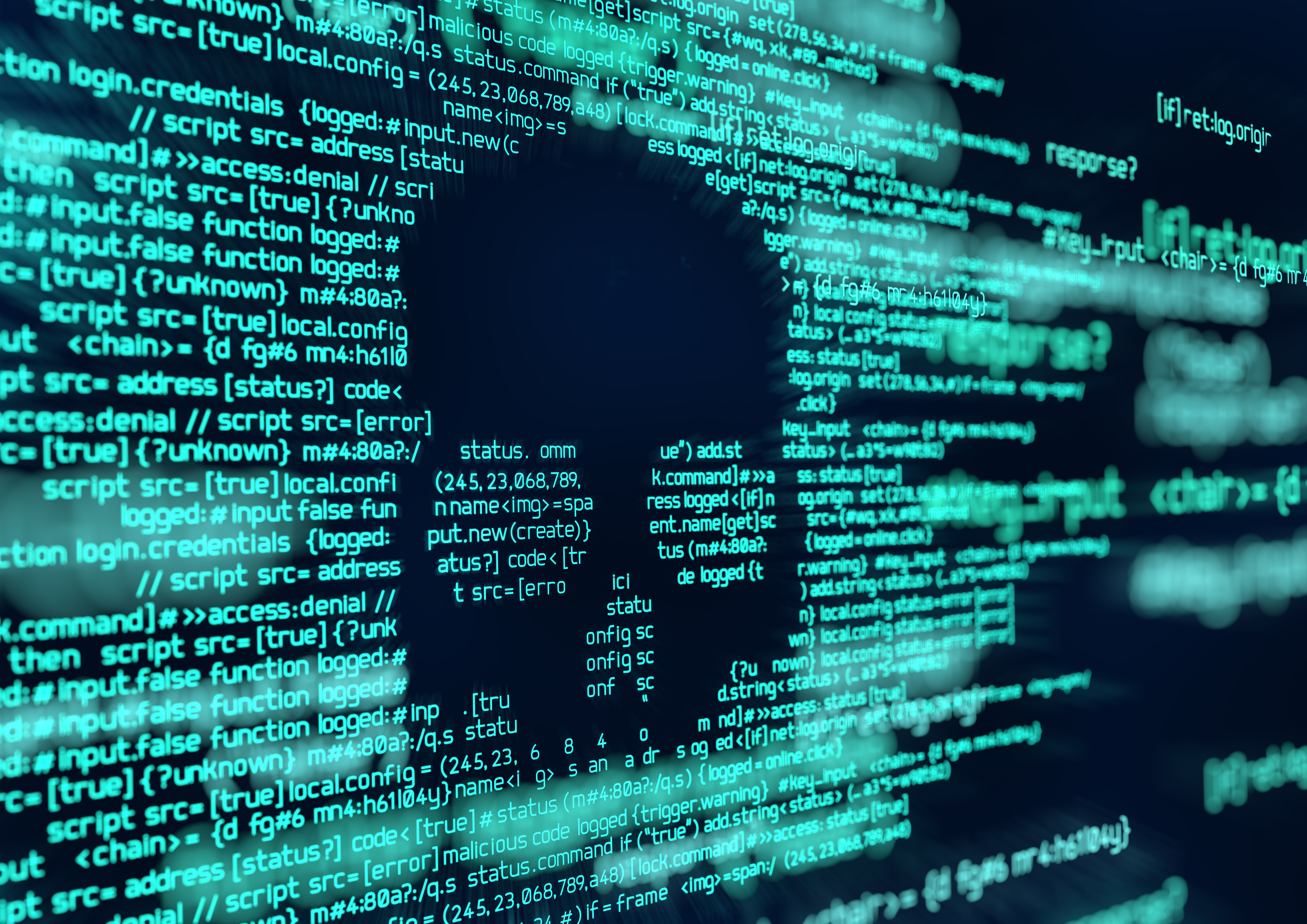As you may or may not have already noticed, the Britt’s Bytes section of the newsletter is penned by Britt Godwin. Britt is currently pursuing his MBA and is definitely a tech enthusiast, as his writing clearly demonstrates. I strongly considered not posting his recent article, Avast and belay that Piracy specifically because it may not be in my best interests to have someone who writes for the site admitting to software piracy, even if it is now past tense. I went ahead and ran the article because he makes some very important points. I think his take on the situation isn’t much different than mine was when I shed pirated apps acquired during college almost 10 years ago, realizing that using the apps without paying for them represented something much more significant than a potential violation of the law.
College was one of the primary forces behind my ever using pirated software in the first place. My first modern computer purchase was a Gateway shortly after the launch of Windows 95, which came with a full version of Office 95, Microsoft Publisher, Adobe Photoshop LE, and a handful of other apps which were all legitimately licensed to me. I also ended up with a bunch of pirated apps from a friend who worked in as a monitor in one of the computer labs on the Iowa State campus. He gave them to me on a stack of 3.5 inch floppies. At the time it didn’t occur to me that using the software without paying for it was taking money out of anyone’s pocket. I think this is one of the key points Britt makes in his post. While big companies like Microsoft, Adobe, Macromedia, etc. all battle piracy, many of the software apps that get cracked and are available for download are written by one or two developers who are passionate about what they do and rely on software sales to pay the rent every month. I’m not discounting the potential damage to shareholders due to piracy of commercial apps, but in general big companies derive most of their revenue from multi-license sales to other companies who use the software to make their own businesses function. Small developer shops are much more reliant on single license sales and a leak of a registration code might mean they can’t pay next month’s rent.
Aside from the legal ramifications associated with using software without paying for a license, the human element of knowing that someone’s livelihood may be at stake certainly makes using pirated copies of software seem entirely unappealing to me. As a small business person, I’m very aware of how things that seem financially insignificant on a grand scale can have a massive negative impact to my own financial picture. As a software reviewer, I frequently have companies send me registration codes in hopes that I’ll try their software and review it. While this means I could have a ton of free software at my disposal, I make a point of paying for the apps I use on a daily basis because I know that the software authors are running a business, just like I am and if an app actually makes me more productive I should be paying for that productivity increase.




